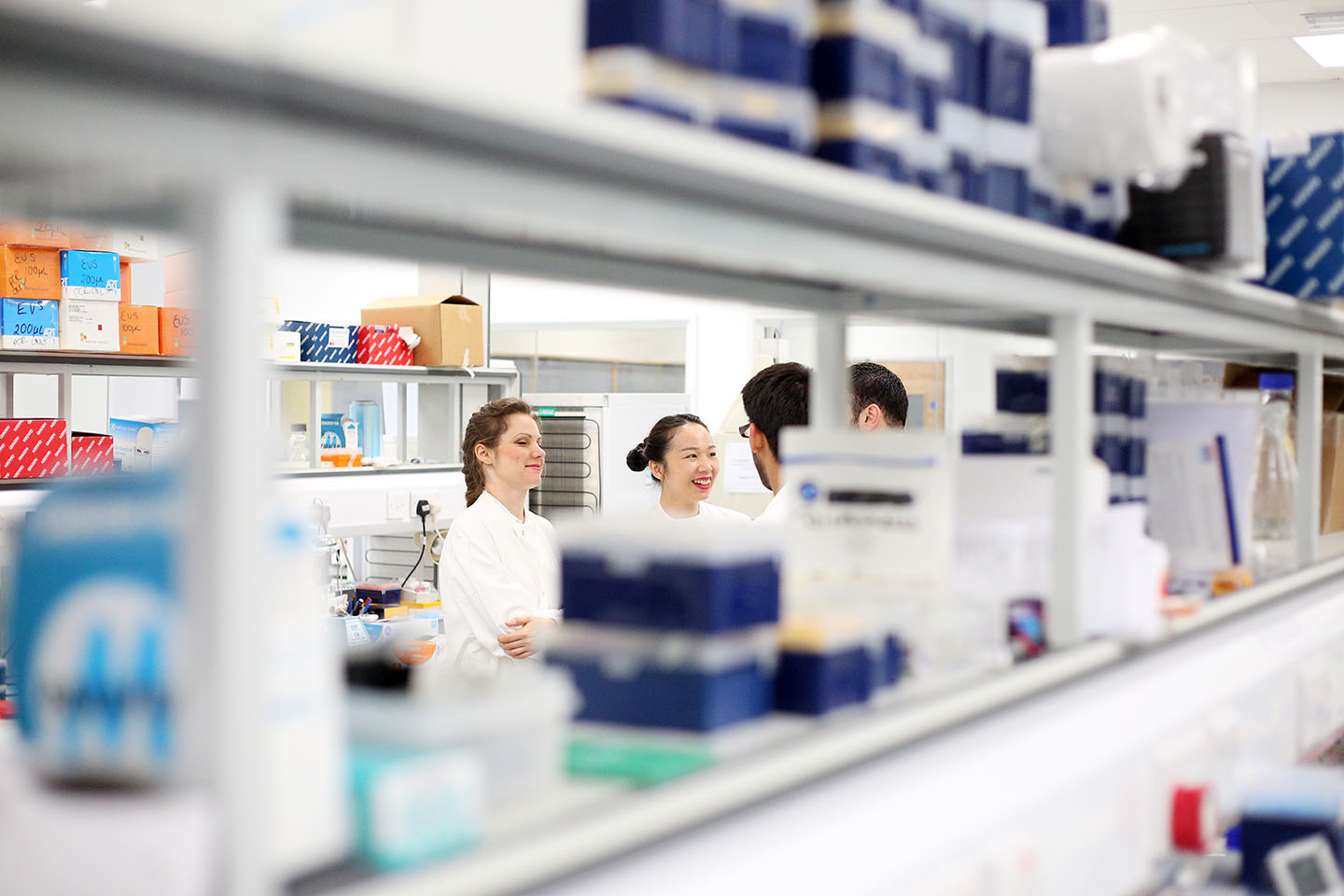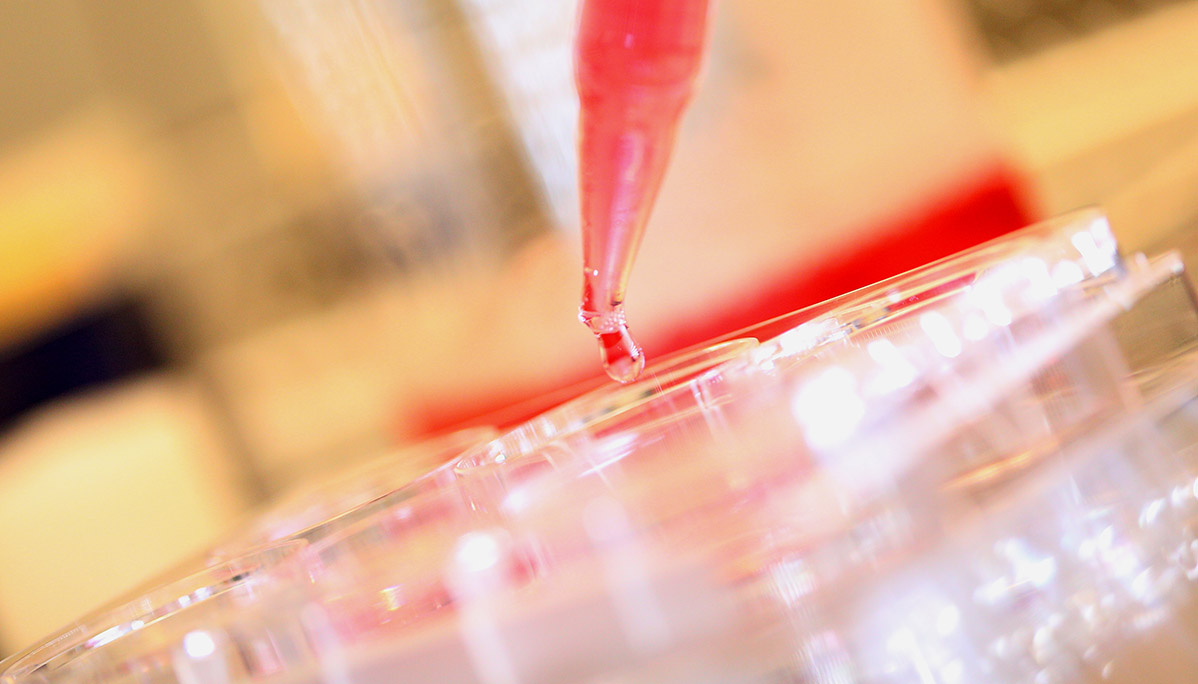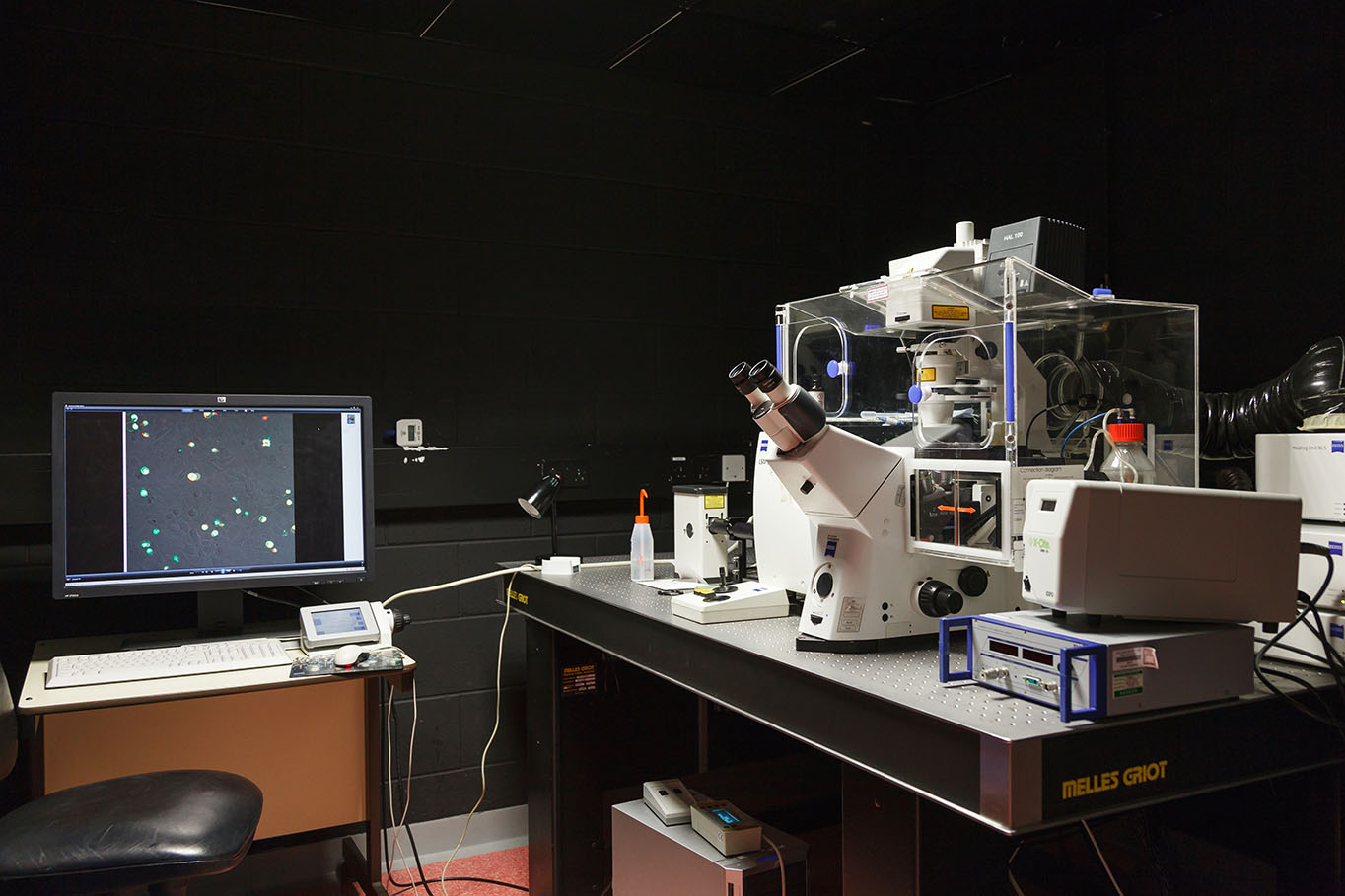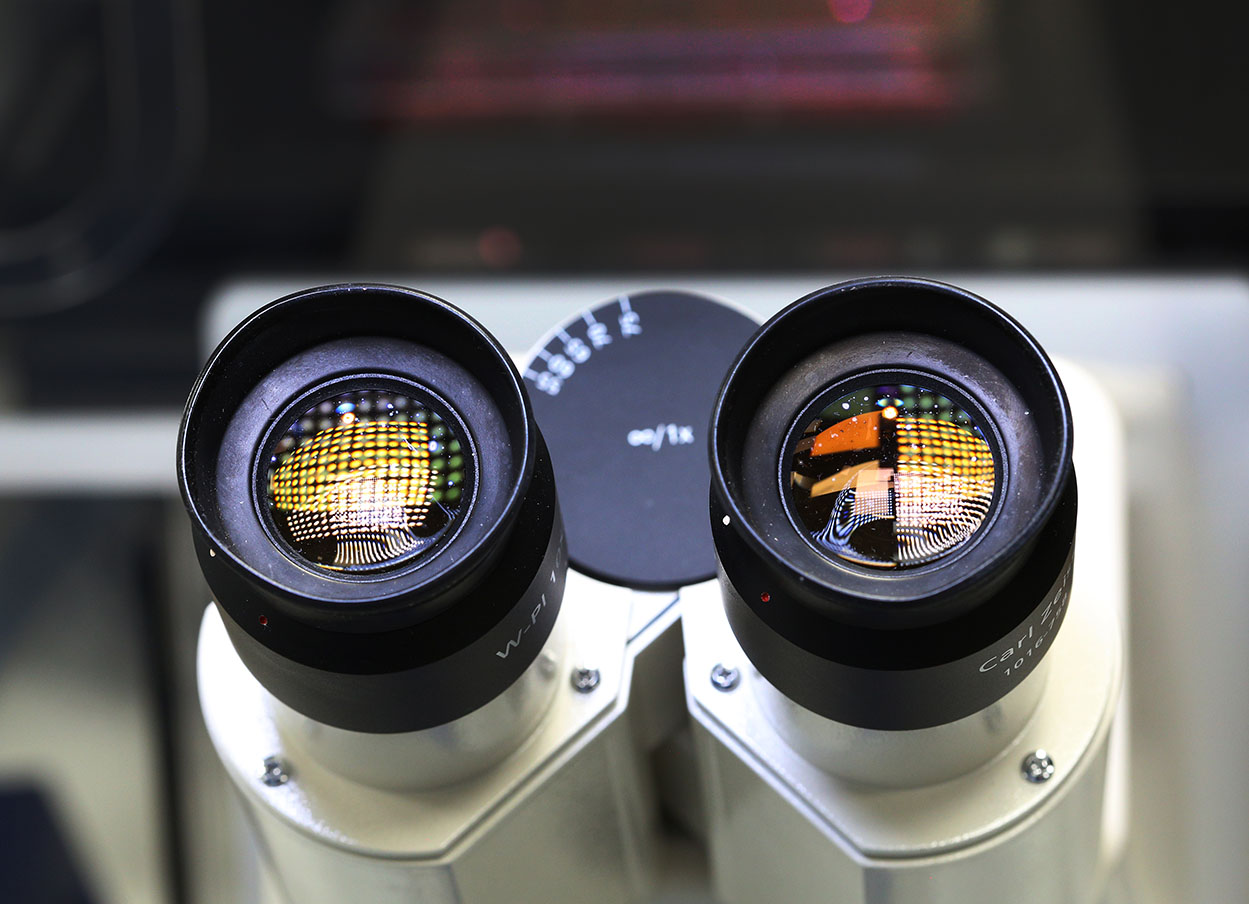Institute of Life Course and Medical Sciences PhD Studentships
The Institute of Life Course and Medical Sciences at the University of Liverpool is offering five, fully funded PhD studentships in ageing research as part of a doctoral training partnership funded in collaboration with the Dunhill Medical Trust.
A diverse selection of projects is available that offer a unique chance to take part in cutting edge research which aims to enhance our understanding of the biological mechanisms that underpin ageing and lead to improved wellbeing in the elderly. These studentships are planned to start in Spring 2021.
The successful applicants will be able to select from ten diverse projects and should identify their preferred project as part of their application. The project descriptions with lead supervisor contacts are as follows:
McCoy_Wynne-0410.jpg)
McCoy_Wynne-8189.jpg)



McCoy_Wynne-6962.jpg)


McCoy_Wynne-8191.jpg)
McCoy_Wynne-8232.jpg)